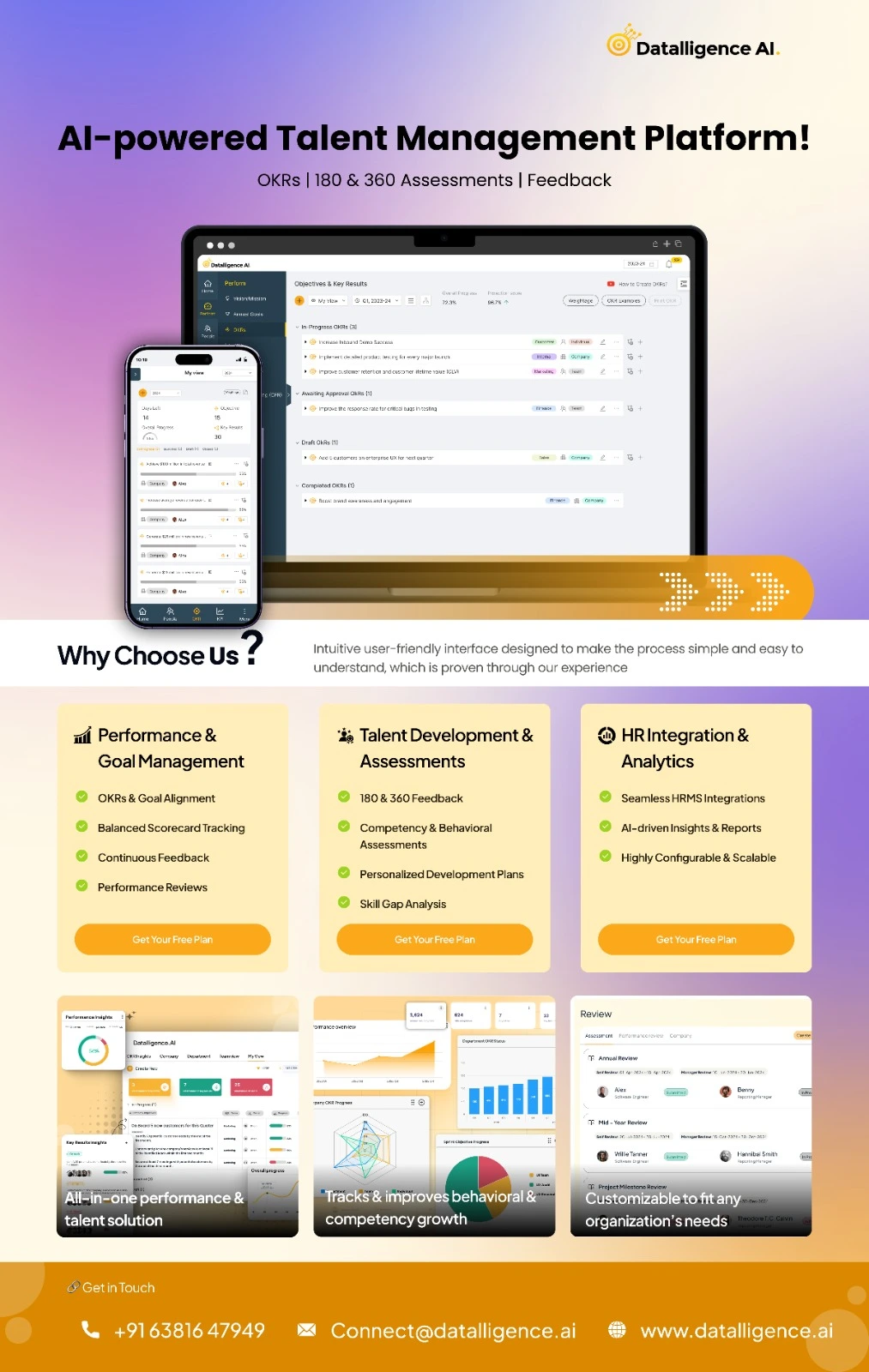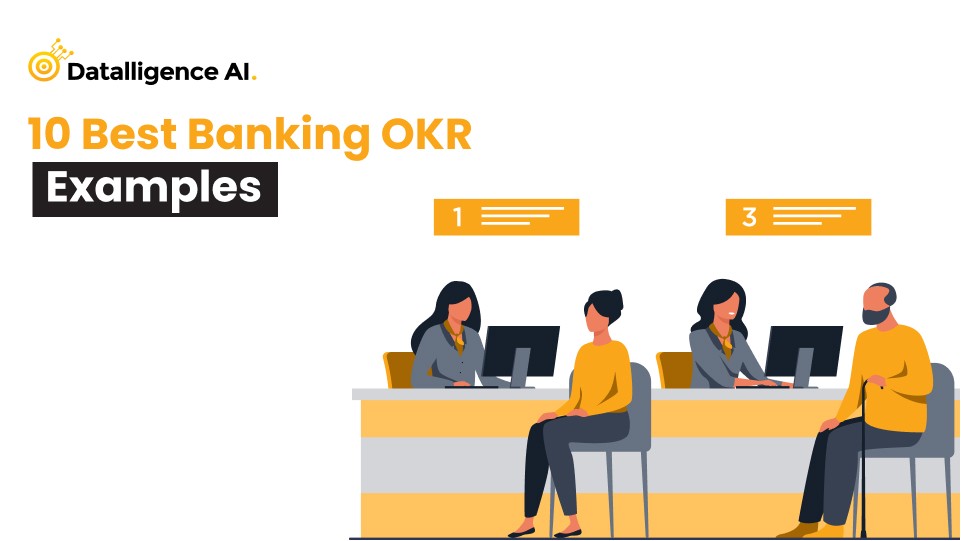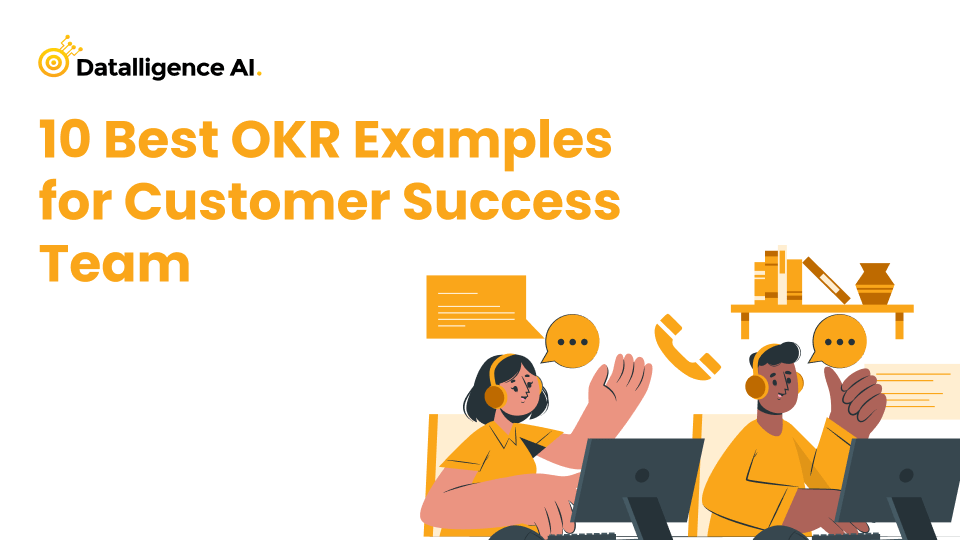As a business owner, growth is the important metric that you look at. Increasing growth is not an easy task, it needs to be evaluated and strategized before execution. Still, most often we do not reach even 20% of what we planned.
90% of start-ups fail in the first year. The reasons are mostly
- Wrong product-market fit
- Marketing issues
- Team issues
- Leadership issues
- Partnership issues
- Tech Problems
Undoubtedly challenge the ecosystem. Also, to tell the fact, a start-up using OKRs was able to envisage these issues. They would raise a Red Flag at the right time and alert the team of the downfall. The core value OKRs bring to the table.
The Vital Role of Strategic Planning in Business Success
Strategic planning is crucial for business success because it provides a clear direction and aligns resources with company goals. By setting objectives and analyzing environments, strategic planning ensures efficient use of time, money, and talent. Its role is to keep the organization focused and adaptable, helping leaders make informed decisions and prioritize key initiatives.
Moreover, strategic planning helps businesses anticipate challenges and seize new opportunities. It fosters teamwork, improves productivity, and supports innovation. Ultimately, a strong strategic plan positions a company for long-term growth and resilience, giving it a competitive edge in the marketplace
What is OKR (Objectives and Key Results)?
OKR (Objectives and Key Results) is a goal-setting framework that helps organizations, teams, and individuals to measure and track their performance. OKRs are a well-proven framework used successfully by companies like Google, Intel, Facebook, Uber, and a few others successful organizations. The framework was first conceived by Andy Grove and later introduced by John Doerr to Google.
When Google adopted OKRs in 1999—at a time when the team was just 40 strong—they embraced a system that would forever shape their trajectory, with no going back. The role of strategic planning took center stage as Google’s culture of transparency and autonomy enabled teams to set audacious, “stretch” goals that pushed boundaries and inspired breakthrough innovation. Objectives and Key Results provided a clear, measurable framework that aligned every individual and team around common priorities, while also fostering ownership and accountability. This approach allowed teams to regularly review progress, adapt swiftly to challenges, and celebrate successes together.
Ultimately, the role of strategic planning through OKRs became the engine for Google’s rapid growth, transforming ambitious visions into reality and reinforcing the belief that bold goals, empowered people, and a robust planning process could drive extraordinary results.
How OKRs help start-ups scale?
Founders often wonder: “When is the right time to start with OKRs?”
Common concerns include: “We’re too small for OKRs,” “We don’t have time for OKRs right now,” or “OKRs seem too complex for us.”
But these are just myths. The role of strategic planning is crucial from the very beginning—even if you’re a solo founder or a tiny team. Starting early with OKRs allows you to continuously track progress, identify what’s working, and learn from misses. This approach answers another myth: OKRs are not just for big teams; they’re adaptable to organizations of any size.
Implementing OKRs doesn’t demand extra time or resources—it’s about building them into your team’s behavior. When OKRs become part of your culture, people naturally shift their focus from measuring effort to delivering results. In fact, OKRs are among the simplest frameworks available, making them accessible and easy to use.
The role of strategic planning with OKRs is to provide crystal-clear direction:
-
Objectives define “what” you want to achieve, with a clear timeline.
-
Key Results outline “how” you’ll reach those objectives.
This clarity helps everyone understand where you’re heading and how you’ll get there, making OKRs a powerful tool for any ambitious team.
Benefits of OKR Implementation
OKR provides value to a start-up when adopted and implemented rightly.
Dives Focus
As mentioned earlier OKRs are the simplest framework that is easily understood while implemented. OKRs drive focus because you are advised to keep not more than 5 Objectives with a maximum of 5 Key Results per Objective. This creates focus and priority. Keeping the focus on the priorities will help in delivering what matters to business
Provides Alignment
OKRs are widely recognized for their unique ability to foster alignment—whether top-down, bottom-up, or even cross-functionally. The role of strategic planning is highlighted as alignment in OKRs isn’t always strictly hierarchical; sometimes, a team can contribute directly to objectives one level above them or even to overarching company goals. This flexible approach ensures clear visibility into which teams are making progress and which may need extra support. Ultimately, the role of strategic planning through OKRs drives all teams to move in the same direction, promoting unity, transparency, and collective achievement across the organization.
Autonomy and Accountability
While the framework itself is autonomous, it allows teams to create their objectives and plan resources likewise. While they take ownership in creating the OKRs it also makes them accountable to deliver. Accountability optimizes productivity.
Creates Transparency
OKR is transparent each team can understand how their peers are progressing. As they are toward a common goal, it enables a collaborative environment and supports each other in achieving the goal. tracks progress and make progress accessible to team members. With the support there starts deliveries with consistency.
Effective Communication
Communications are open, two-way, and multidirectional. As OKRs promote feedback and conversations they also enable performance conversations. It allows the organization to be built on trust and learning.
Stretching
The particular key factor of OKR is “Stretching”. OKRs allow you to think out of the box and stretch. This makes your BHAG (Big hairy audacious goal) achievable. OKRs challenge organizations to create more aspirational objectives and strive further.
Having mentioned the benefits of OKRs it is well proven that they can be a great partner to any Startup.
You can decide to hire an external coach to help you implement OKRs and then you can continue using them.
Tips to Help Grow Your start-up business with OKRs
1. Keep objectives aspirational
Setting aspirational objectives provides you with a clear direction and helps you to find the resources needed for achieving them.
2. Set measurable Key Results
Keep the key Results measurable. Measurable key results give a clear sign of where we are traveling.
3. Align & Cascade OKRs
Align and cascade cross-functionally and promote network OKRs that increase collaboration and address dependencies.
4. Use a combination of committed and aspirational OKRs
Having both commit OKRs and Aspirational OKRs help you to balance the priorities and plan resources accordingly
5. Use specific targets for Key Results
Keep the targets extremely specific. For example, Achieve a conversion ratio of 5 %
6. Let us look into a few examples.
With well-defined marketing OKRs, your organization can achieve excellent product leadership, strengthen your brand, and set a high reputation in the market.
Objective: Increasing brand awareness
- Key Results 1: Publish 2 blog content every week.
- Key Results 2: increase social media impression by x%.
- Read more about Marketing OKR Examples
OKR for Sales:
Writing good sales OKRs can help create an excellent sales team. OKRs give structure and stretch goals. It helps strategize goals and priorities while also paving the way for individuality.
Objective: Increase annual revenue
- Key Results 1: Increase customer acquisition to 20%
- Key Results 2: Increase annual renewals from 70% to 85%
Read more about Sales OKR Examples
Conclusion
Given the OKR benefits above, it seems that Objectives and Key Results are best suited for highly aspiring Startups. Datalligence OKR platform is an agile goal-setting framework that helps inconsistent progress tracking. We help create company objectives as well as align team objectives with individual objectives. Our OKR framework helps start feedback and an OKR retrospective inside the platform. It also allows you to share success and celebrate achievement within the tool. Check out our tool for a trial version.











